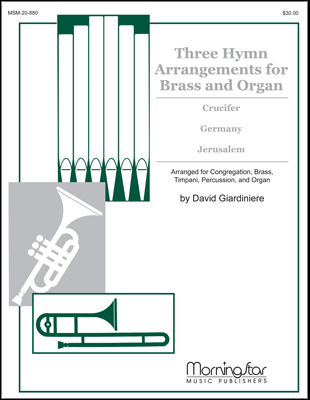- |
User Links
God's Presence With His People

When Israel, of the Lord beloved
Author: Sir Walter ScottPublished in 122 hymnals
Printable scores: PDF, MusicXMLAudio files: MIDI
Representative Text
1 When Israel, of the Lord beloved,
Out from the land of bondage came,
Her fathers' God before her moved,
An awful guide, in smoke and flame.
2 By day, along the astonished lands
The cloudy pillar glided slow;
By night, Arabia's crimsoned sands
Returned the fiery column's glow.
3 Thus present still, though now unseen,
When brightly shines the prosperous day,
Be thoughts of Thee a cloudy screen
To temper the deceitful ray.
4 And O, when gathers on our path,
In shade and storm, the frequent night,
Be Thou, long-suffering, slow to wrath,
A burning and a shining light!
Source: Methodist Hymn and Tune Book: official hymn book of the Methodist Church #172
Author: Sir Walter Scott
 Walter Scott was born in Edinburgh, August 15, 1771. In 1786, he commenced his apprenticeship as writer to the Signet. In 1796, he first appeared before the public in a translation of Burger's "William and Helen." Many poetical works followed, until in 1814, he began the series of "Waverly Novels." He died at Abbotsford, September 21, 1832. It is related that on his death-bed he distinctly repeated portions of the Latin original, upon which "That day of wrath, that dreadful day" is based.
--Annotations of the Hymnal, Charles Hutchins, M.A., 1872… Go to person page >
Walter Scott was born in Edinburgh, August 15, 1771. In 1786, he commenced his apprenticeship as writer to the Signet. In 1796, he first appeared before the public in a translation of Burger's "William and Helen." Many poetical works followed, until in 1814, he began the series of "Waverly Novels." He died at Abbotsford, September 21, 1832. It is related that on his death-bed he distinctly repeated portions of the Latin original, upon which "That day of wrath, that dreadful day" is based.
--Annotations of the Hymnal, Charles Hutchins, M.A., 1872… Go to person page >Text Information
| First Line: | When Israel, of the Lord beloved |
| Title: | God's Presence With His People |
| Author: | Sir Walter Scott |
| Meter: | 8.8.8.8 |
| Language: | English |
| Copyright: | Public Domain |
Notes
When Israel, of the Lord beloved. Sir W. Scott. [Omnipresence.] This hymn appeared in Scott's Ivanhoe, 1817, Chapter 40. It is thus introduced:—
"It was in the twilight of the day when her trial, if it could be called such, had taken place, that a low knock was heard at Rebecca's prison-chamber. It disturbed not the inmate, who was then engaged in the evening prayer recommended by her religion, and which concluded with a hymn we have ventured thus to translate into English,
"When Israel, of the Lord beloved,
Out of the land of bondage came," &c.The hymn extended to 4 stanzas of 8 lines. The imaginary trial referred to was that of Rebecca the Jewess by a court of the Order of the Templars for sorcery, the charge being that she had bewitched one Brian de Bois-Guilbert, one of the Knights, into breaking several of the rules of the Order. When stripped of these romantic surroundings, it yet remains a striking hymn. It is based on Psalms cv. It is found in several modern collections; and has been rendered into Latin by H. M. Macgill in his Songs of the Christian Creed and Life, 1876, as "Exeunte Israele Servitute de crudeli." In the American Unitarian Hymns of the Spirit, pt. iii., is given as, "O present still, though still unseen."
--John Julian, Dictionary of Hymnology (1907)
Tune
MELCOMBE (Webbe)Also known as: ST. PHILIPS BENEDICTION GRANTON NAZARETH MELCOMBE was first used as an anonymous chant tune (with figured bass) in the Roman Catholic Mass and was published in 1782 in An Essay on the Church Plain Chant. It was first ascribed to Samuel Webbe (the elder; b. London, England, 1740; d.…


 My Starred Hymns
My Starred Hymns






